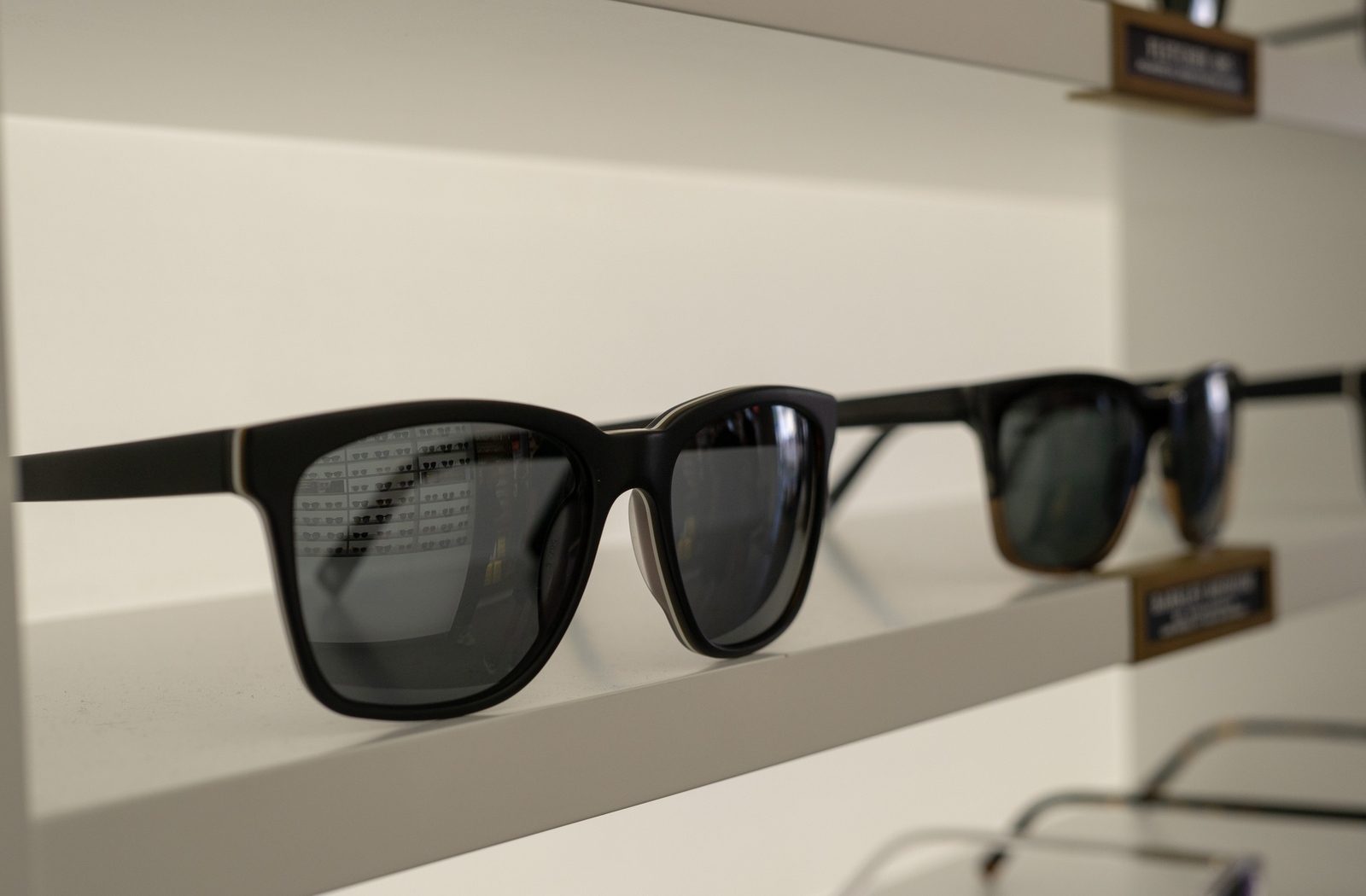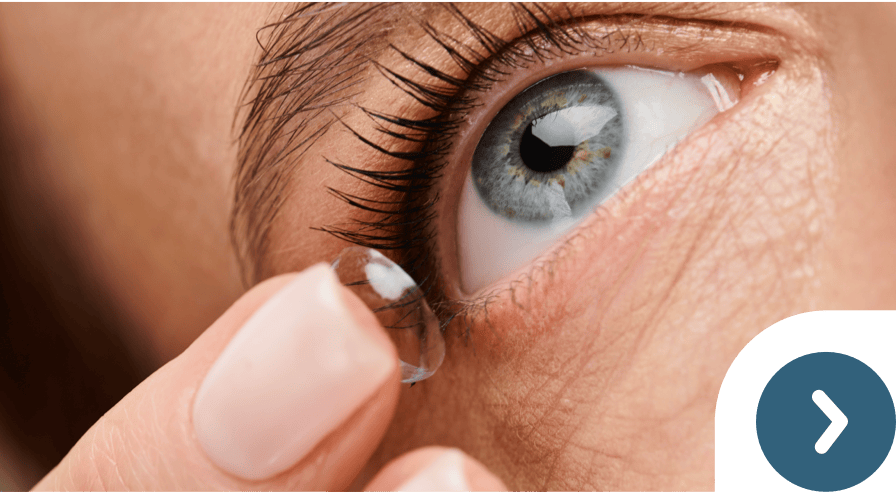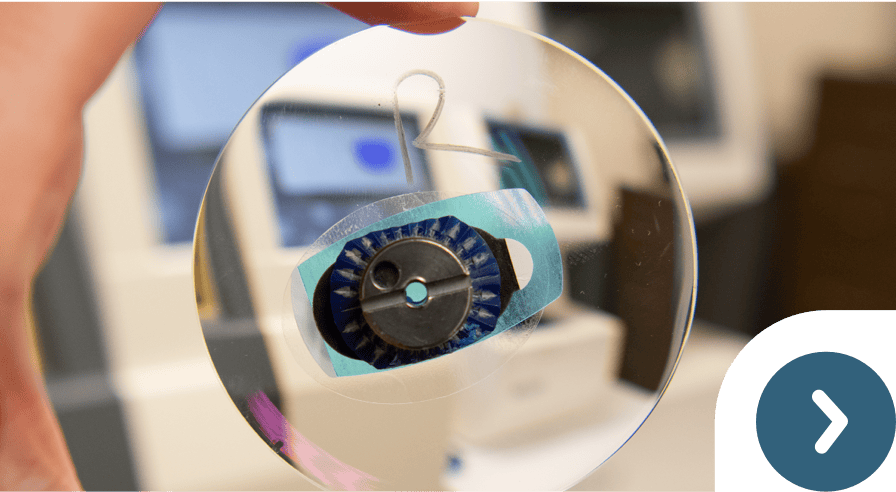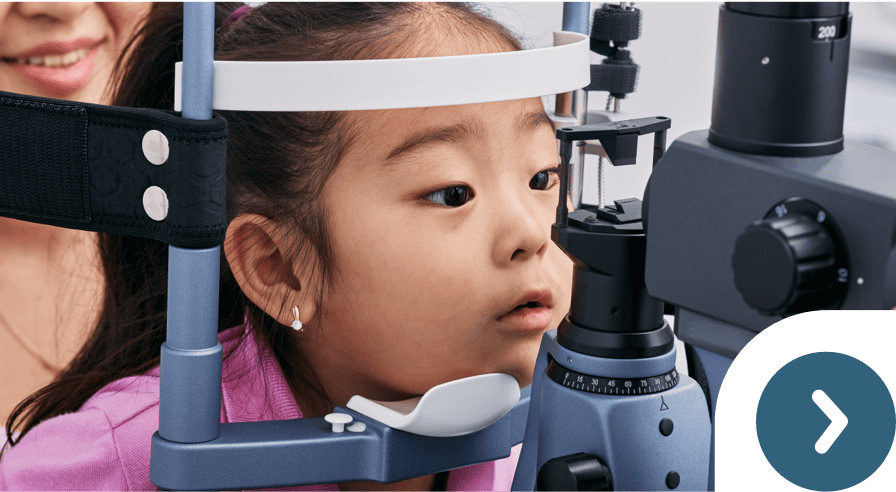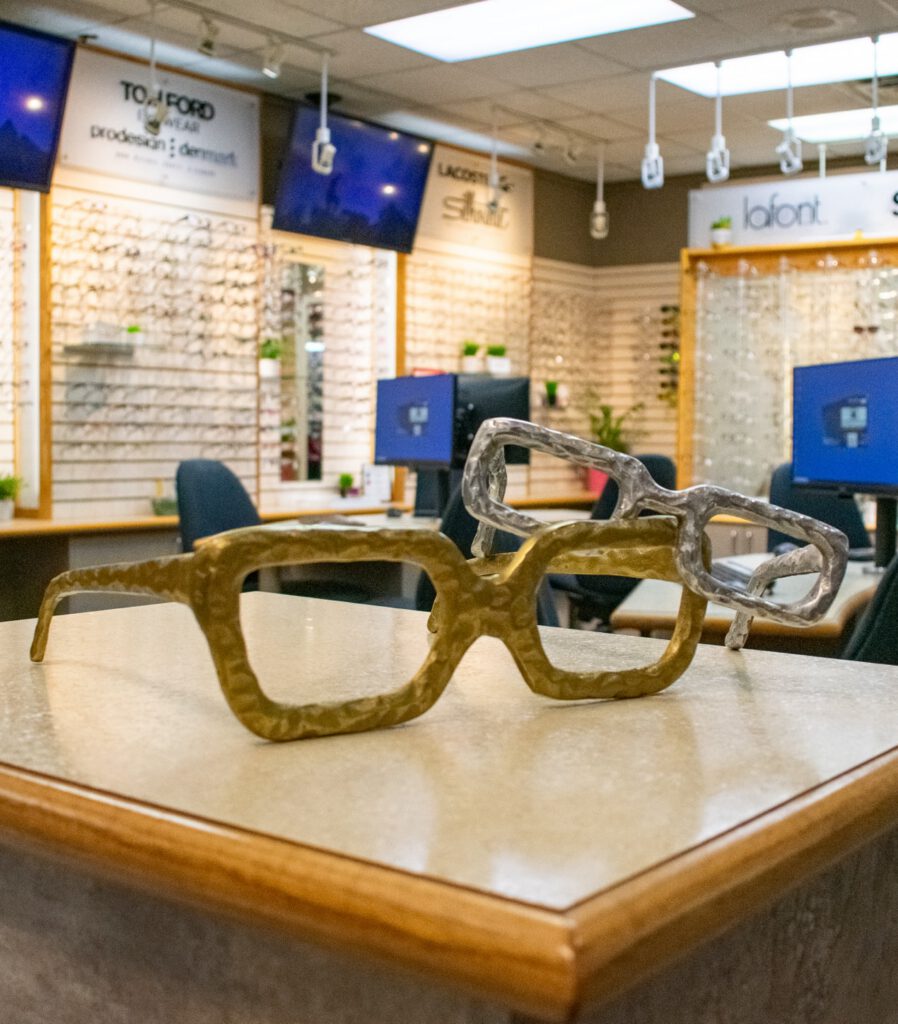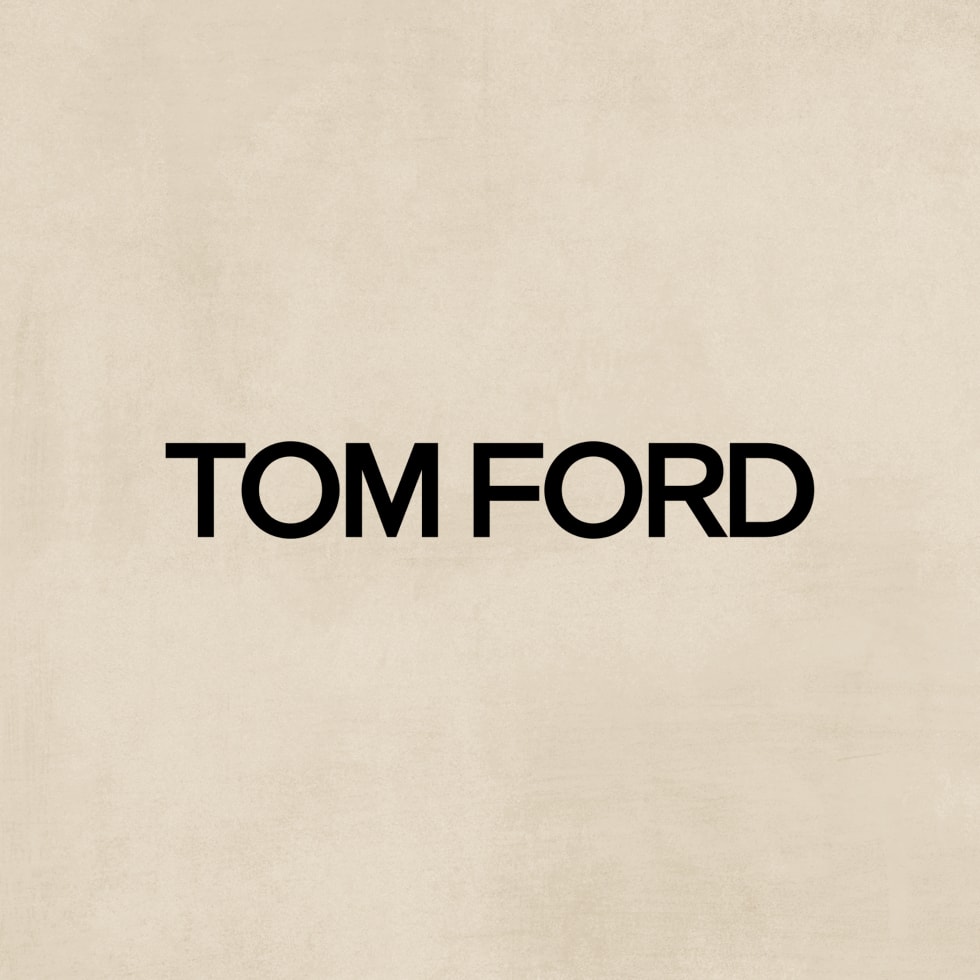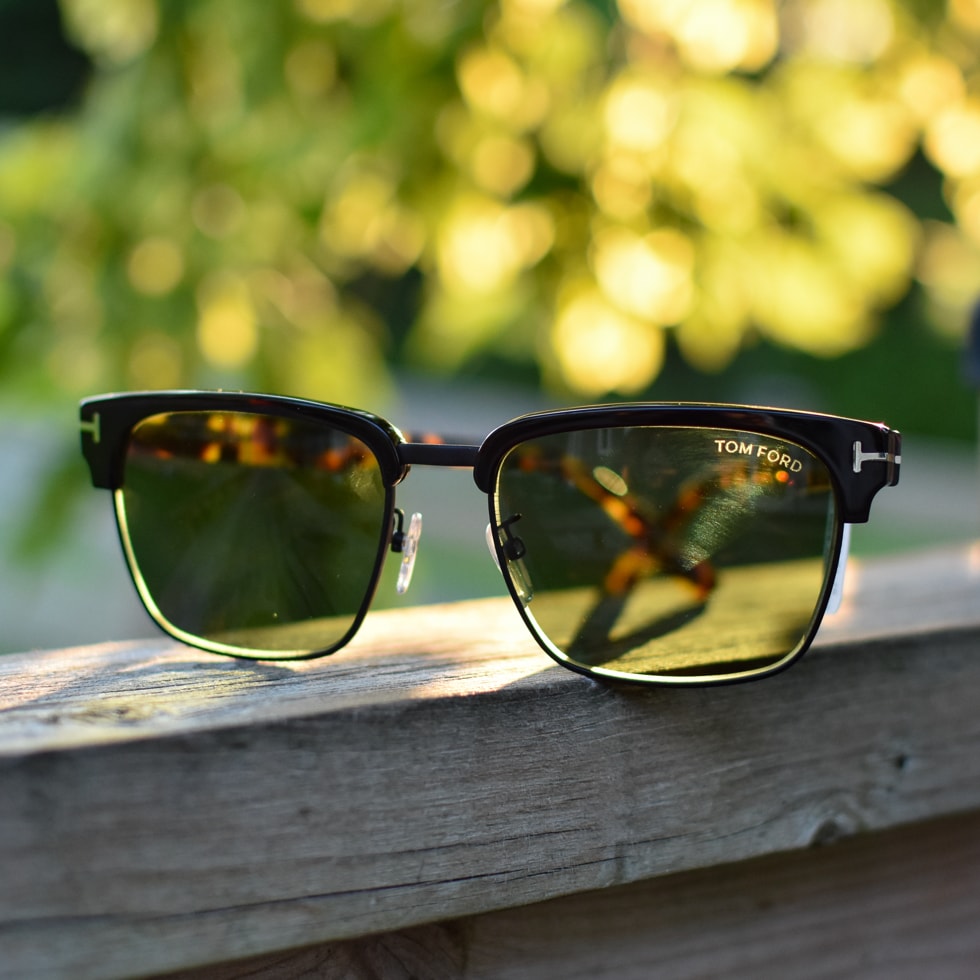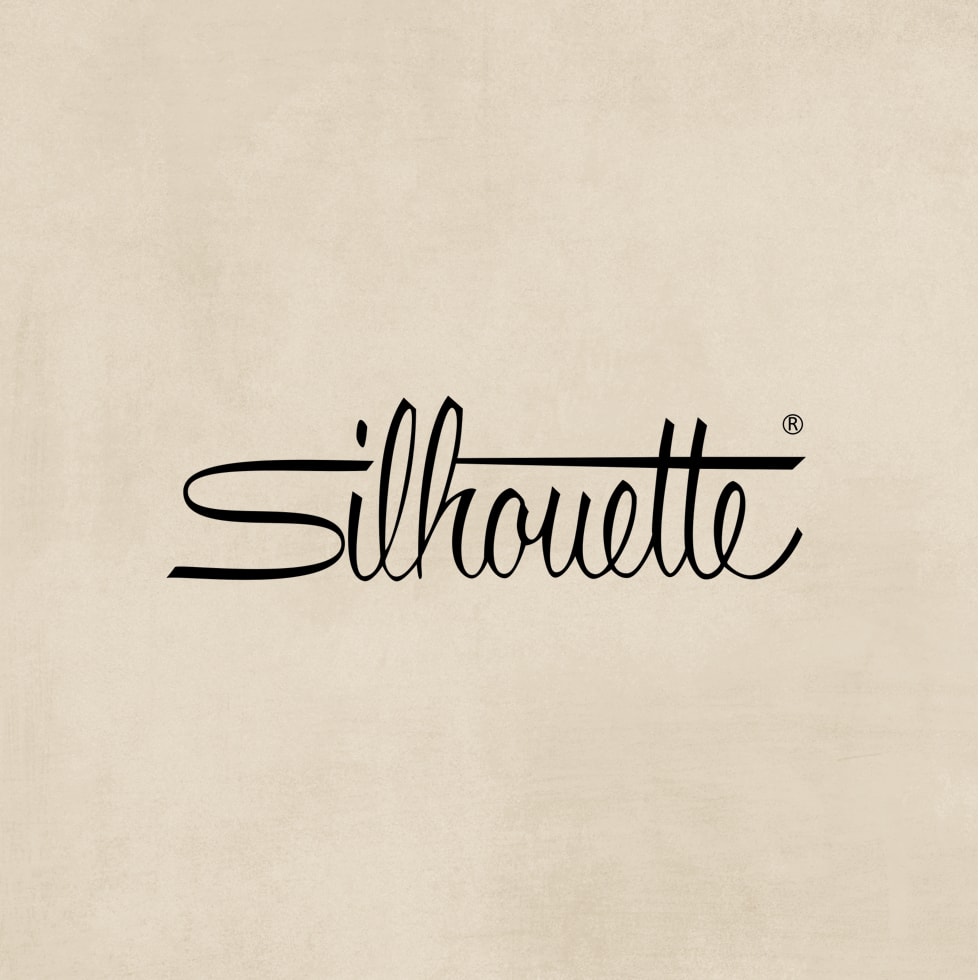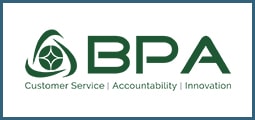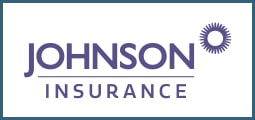As sunny seasons approach, you might be asking yourself, “do I need prescription sunglasses?” If you normally require prescription eyewear, the answer is yes. We’re going to explore why this is important and how prescription sunglasses can help you achieve a better lifestyle.
The first step in finding sunglasses that help you see better and protect your eyes, is getting a comprehensive eye exam. The good news is that most of the time, your prescription will be compatible with a wide range of sunglass frames and styles.
It’s easier than ever to stay stylish while doing your eyes a favour. So make sure to add your next pair of sunglasses when you update your optical prescription. Our optical team is always ready to help you find a style that fits your personality and helps you see better.
Why Protect Your Eyes?
With the right exposure, time in the sun can be such a beautiful part of the day. It gives you vitamin D, improves your mood, and helps you get the perfect tan. But bright sunlight, and too much of it, can do damage to your vision.
Just as the sun can burn your skin, it has detrimental effects on your eyes and vision when absorbed in high volumes. Many of these problems can be avoided by wearing protective eyewear. Overexposure to UV rays has been associated with several eye conditions, including:
- Age-related macular degeneration
- Eyelid skin cancer
- Cataracts
- Photokeratitis
- Corneal sunburn
- Age spots
- Tissue growths on the surface of the eye
UV Rays & Ratings
The sun emits ultraviolet (UV) rays every time it shines. These are the rays that damage your eyes with overexposure. UV rays are classified based on their wavelengths, which determines if they can reach us down here on the earth’s surface. UVB rays are mostly absorbed by the ozone but still present dangers. UVA rays are not at all absorbed by the ozone.
Make sure you are purchasing sunglasses that have a 100% UV or UV 400 rating. Sunglasses with these lenses will block virtually all UV rays that can do damage to your vision. UV 400 describes lenses that block light ray wavelengths up to 400 nanometers, which includes UVA and UVB rays.
Contacts & Prescription Sunglasses
If you’re someone who regularly wears contact lenses, prescription sunglasses may be redundant. But you don’t want to be caught in the sun without your contact lenses and without eyewear to protect your vision. So it’s a good idea to have prescription shades on hand.
Ask yourself a couple of questions if you normally wear contact lenses:
- Do I always wear my contact lenses for outdoor activities?
- How often do I wear eyeglasses?
Having prescription sunglasses allows you to take days off from your contact lenses without having to avoid the sun. But make sure you discuss these options with your optometrist during your next eye exam.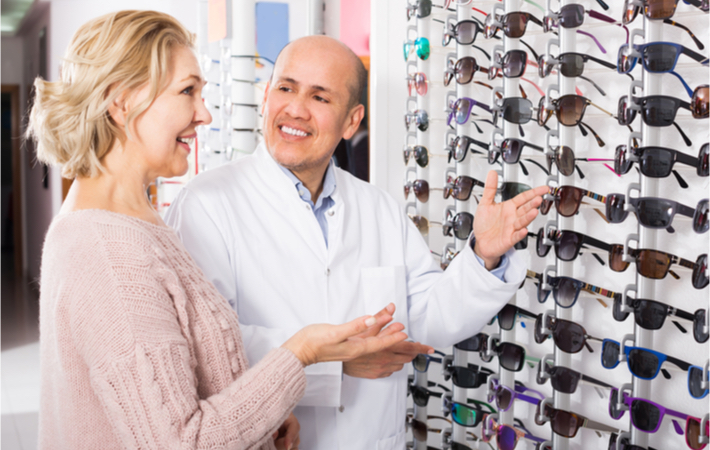
Reasons for Prescription Sunglasses
Some people are averse to contact lenses. If this is you, prescription sunglasses are a must. See clearly, protect your eyesight, and look pretty good while doing it… it’s sort of a no-brainer.
But there are some other great reasons to invest in prescription sunwear.
You’re Nearsighted
If you’re nearsighted, it means you have difficulty focusing on things that are far away. This Is also known as myopia. People with myopia can often do things around the house, use a computer, or read a book without corrective eyewear.
But walking outside and leaving your home probably requires focusing on things that are further away. Non-prescription sunnies limit your vision in this situation. Prescription sunglasses let you see your environment clearly while protecting your eyes from the sun.
You Drive Frequently
Driving a vehicle is a task that requires concentration and visual focus. It’s a visually intense activity, so eye comfort and visual acuity are both very important. Most of us have been caught without a pair of sunglasses driving into the sun. This is not only uncomfortable but also dangerous.
Prescription sunglasses are the BEST CHOICE if you drive frequently. Why?
- People tend to blink less when their visual focus is intensified. If you wear contact lenses, this can lead to discomfort and increase symptoms of dry eye.
- Everyday prescription glasses are not going to make it easy to drive on a sunny day. Staring into the sun without UV protection is a vision health risk. Definitely a non-starter if the sun is at all shining.
- Transitions® lenses can have difficulties adjusting to light levels inside a vehicle. Most windshields have a slight tint that can affect the level of Transitions® lenses. Transitions® lenses have an adjustment period as light levels change. Driving during the evening or twilight can be very difficult with photochromic lenses.
Tired of Clip-Ons
Aftermarket clip-ons never fit perfectly. If you’ve ever tried to find the perfect match, you probably agree. Some manufacturers offer clip-ons with their eyeglass frames. Over time, these can become loose and clunky as the attachments wear.
Not every pair of glasses is available with clip-ons, which means you’ll probably have to compromise the look you want to also get sun protection. Virtually all sunglass styles can be fitted with prescription lenses. So you can see better and wear the sunnies you really want.
Sunglasses Over Glasses = No
Wearing non-prescription sunglasses over your indoor glasses? Definite no. So much is wrong with this option. It’s cumbersome, glasses are bound to slip, and you can easily scratch your prescription lenses.
And if you put any stock into eyewear fashion, just know that the glasses-over-glasses look was never a thing.
UV Protection in Every Sunglass Style
With prescription sunglasses, no longer must you choose between style and function. Virtually every pair of sunglasses on the market is compatible with prescription lenses. When you purchase prescription sunglasses from Westmount Optometrists, they are fitted professionally and adjusted for maximum comfort by one of our resident London, Ontario optometrists.
Caring for your vision requires regular eye exams and protection of your eyesight in the sun. A lens prescription in your favourite pair of sunglasses keeps your vision clear and your eyes healthy. So book your next visit to the eye doctor and ask about prescription sunglasses.

